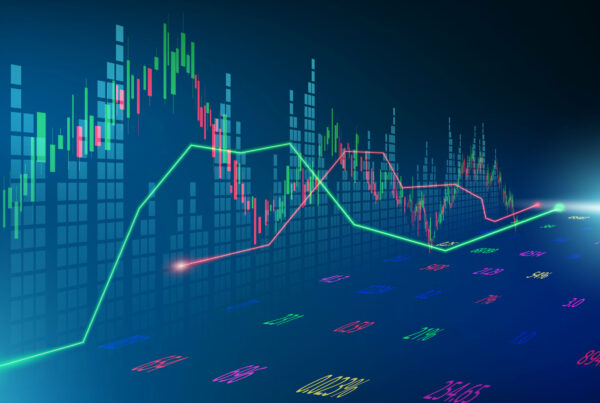
May 30, 2024
Are auto insurance premiums at the root of high inflation rate levels as consumer costs are moderating?
Auto insurance premiums have become a significant factor contributing to the persistence of high inflation…
